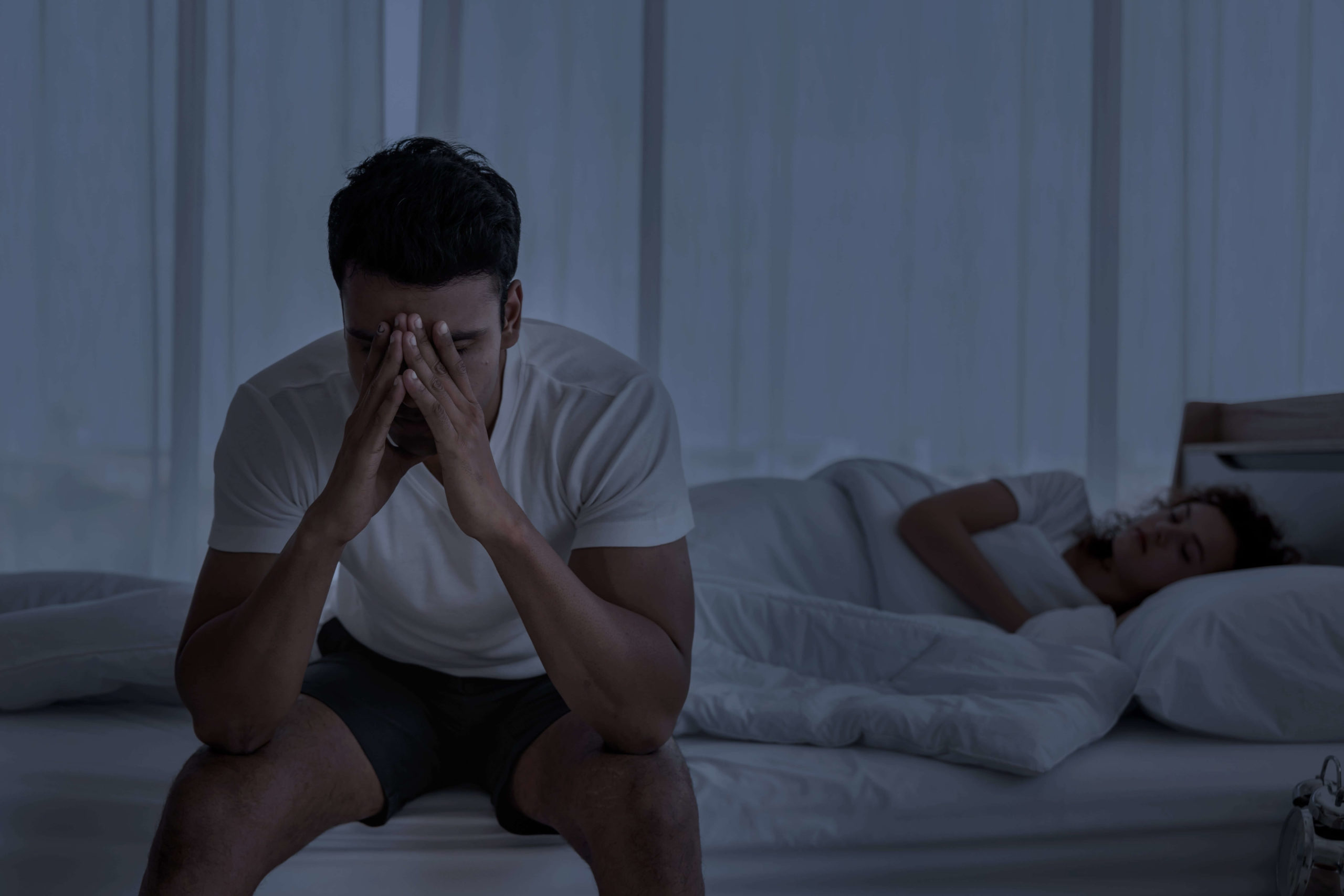Starting off:
The busyness of modern life makes it easy for many people to forget about one of the most important things for their health: sleep. Millions of people around the world have trouble going asleep or staying asleep, which is known as insomnia. This affects not only their physical health but also their ability to control their emotions. This piece goes into detail about the complicated connection between insomnia and emotional regulation. It looks at how not getting enough sleep can make mood swings worse and make it harder to handle emotions properly.
How to Understand Insomnia:
People with insomnia don’t just occasionally not be able to sleep; they have it all the time, and it can really mess up their life. It’s normal to have trouble sleeping sometimes, but persistent insomnia means that you have trouble falling asleep, staying asleep, or getting restful sleep on a regular basis. This can last for weeks, months, or even years. This sleep disorder can be caused by many things, such as worry, anxiety, depression, medical conditions, bad sleep hygiene, or lifestyle choices.
Effects on Controlling Your Emotions:
Emotional control means being able to handle and react to feelings in a healthy and useful way. It means being aware of, knowing, and controlling your emotions in a healthy way, which is important for mental health and good relationships. But when you can’t sleep because of sleeplessness, it can be hard to control your emotions, which can cause a lot of problems.
Emotional Reactivity:
One of the most noticeable ways that insomnia makes it harder to control your emotions is by making you more emotional. Lack of sleep makes it harder for the brain to control feelings, which makes people more likely to have mood swings, irritability, and emotional outbursts. Researchers have found that people who don’t get enough sleep have more activity in the amygdala, the part of the brain that handles feelings, and less activity in the prefrontal cortex, which helps control emotions. This mismatch can cause people to overreact emotionally to even small sources of stress, which can lead to problems with others and trouble going about daily life.
Impairment of Cognitive Functioning:
Insomnia symptoms not only changes how you feel emotionally, it also makes it harder to do things like pay attention, remember things, and make decisions. People who don’t get enough sleep may find it hard to focus, solve problems, and make smart decisions, which can make it even harder for them to control their feelings. People with this cognitive impairment may find it harder to think clearly and act thoughtfully to emotional stimuli, which can make emotional dysregulation worse.
Negative Thought Patterns:
People who can’t sleep for a long time often have negative thought patterns like dwelling on the past and over-analyzing problems. These patterns can make their mental problems worse. People who can’t sleep may fill their minds with worries, fears, and bad self-talk, which can keep them from sleeping and make their emotions worse. These negative thoughts that won’t go away not only make it harder to sleep, but they also make mood swings and mental problems worse.
Mood swings and not being able to sleep:
Even though insomnia can make it hard to control your emotions, there are things that people can do to lessen its effects and improve their sleep and mental health.
Set a Regular Sleep Schedule:
Making a regular sleep schedule can help keep the body’s internal clock in balance and help you sleep better. Even on the weekends, try to go to bed and wake up at the same time every day. This will help you form good sleep-wake patterns.
Use techniques for relaxing:
Relaxation methods, like progressive muscle relaxation, deep breathing, and so on, can help calm the mind and body before bed, which can make it easier to fall asleep. Doing things that make you feel calm and relaxed before bed, like reading or taking a warm bath, can also help you get ready for sleep.
Don’t use electronics or stimulants:
Stimulants like nicotine and coffee should not be used right before bed because they can keep you from falling asleep. Also, try to spend less time on electronics like computers and smartphones before bed. The blue light that these devices give off can mess up your body’s normal sleep-wake cycle.
Get Professional Help: If you’ve tried self-help methods and your insomnia still doesn’t go away, you need to see a doctor or sleep expert right away. They can look at the reasons behind insomnia and suggest the best ways to treat it, like cognitive-behavioral therapy for insomnia (CBT-I) or medicine, to help you sleep better and control your emotions.
In conclusion:
Insomnia has a big effect on controlling emotions, which can lead to more angry outbursts, problems with thinking clearly, and negative thought patterns. People can take steps to control their insomnia and improve their sleep and emotional regulation by learning more about the complex relationships between not being able to sleep and their emotional health. People can better deal with mood swings and insomnia by putting sleep hygiene first, learning relaxation techniques, and getting professional help when they need it. This will eventually improve their overall quality of life.

